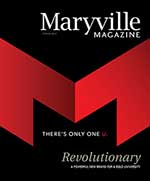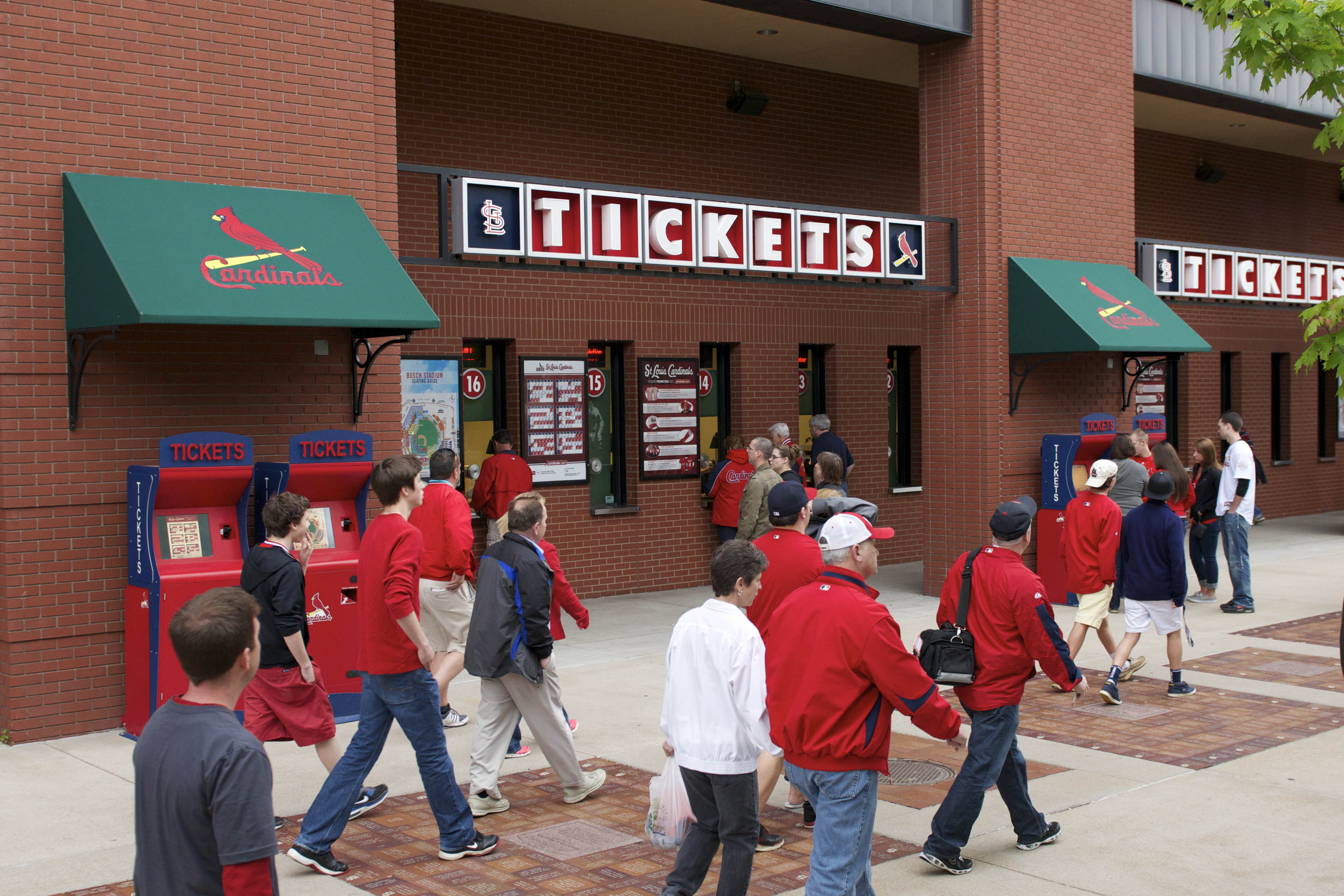Reading time: 3 minutes
 In any successful business model, providing high quality customer service is a primary goal. For the St. Louis Cardinals, the first pitch toward consumer satisfaction comes from the ticket window at Busch Stadium.
In any successful business model, providing high quality customer service is a primary goal. For the St. Louis Cardinals, the first pitch toward consumer satisfaction comes from the ticket window at Busch Stadium.
When fans interact with ticket sellers, Jason Williams, EdD, studies how the transaction plays out. Is the seller friendly? Does she offer options? Is he wearing Cardinals attire? Responses to those questions and others figure into the customer service research and training Williams conducts for the Cardinals organization.
“You have to provide excellent customer service,” says Williams, director of the Rawlings Sport Business Management program and assistant professor. “You can have a great product, but your business will suffer if you have poor customer service.”
Two years ago, the Cardinals recognized a need to observe and measure the effectiveness of customer service at the box office on game days, says Rob Fasoldt, director of ticket sales and services. Fasoldt reached out to Williams and the Rawlings Sports Business Management Program for expert insight.
“Jason was quick to analyze the problems facing our team and prescribed tools to create metrics of our performance,” Fasoldt says. “The data gathered was then applied to his customer-focused training sessions with our staff in the 2014 offseason.”
The Cardinals are intentional about customer service, observes Williams, and it’s a smart strategy given their location. “Midwestern culture calls for treating people nicely no matter what—no matter who you are or what walk of life you come from,” he says. “Because of that ingrained culture, the people of St. Louis insist on a higher expectation of customer service than in other areas of the country.”
As part of his research, Williams sends “secret shoppers” to Cardinals ticket windows just before a home game to pick up will call tickets. These “customers” are asked to purchase tickets for future games at the same time, and later they respond to survey prompts about the transaction: When you approached the window, was the seller on a cell phone? Were you offered multiple seating options? Were you thanked for your purchase?
The research shows the Cardinals are performing well in the ticket booths. “More than that, our findings indicate they have exceeded expectations and, to a certain extent, they’re setting new standards for customer service,” Williams says. “They do continuous research to ensure that’s the case.”
Training, which is designed around the feedback Williams collects, focuses on language used by sellers, their appearance, and brand expectations set by the Cardinals front office. “It’s very thought out and meaningful. It’s not a message that, ‘this person needs to change’; it’s more the idea that each ticket seller should be saying, ‘This is how I would want to be treated, so that’s how I’m treating my customer.’”
The importance of offseason training for high quality customer service during the regular season can’t be overstated, Williams says. “From our research, we know that if customers have a good experience at the ticket window, they’ll have a good experience at the ballpark—whether the Cardinals win or lose by the scoreboard.”
 CardinalsTicketWindow.mpress
CardinalsTicketWindow.mpress